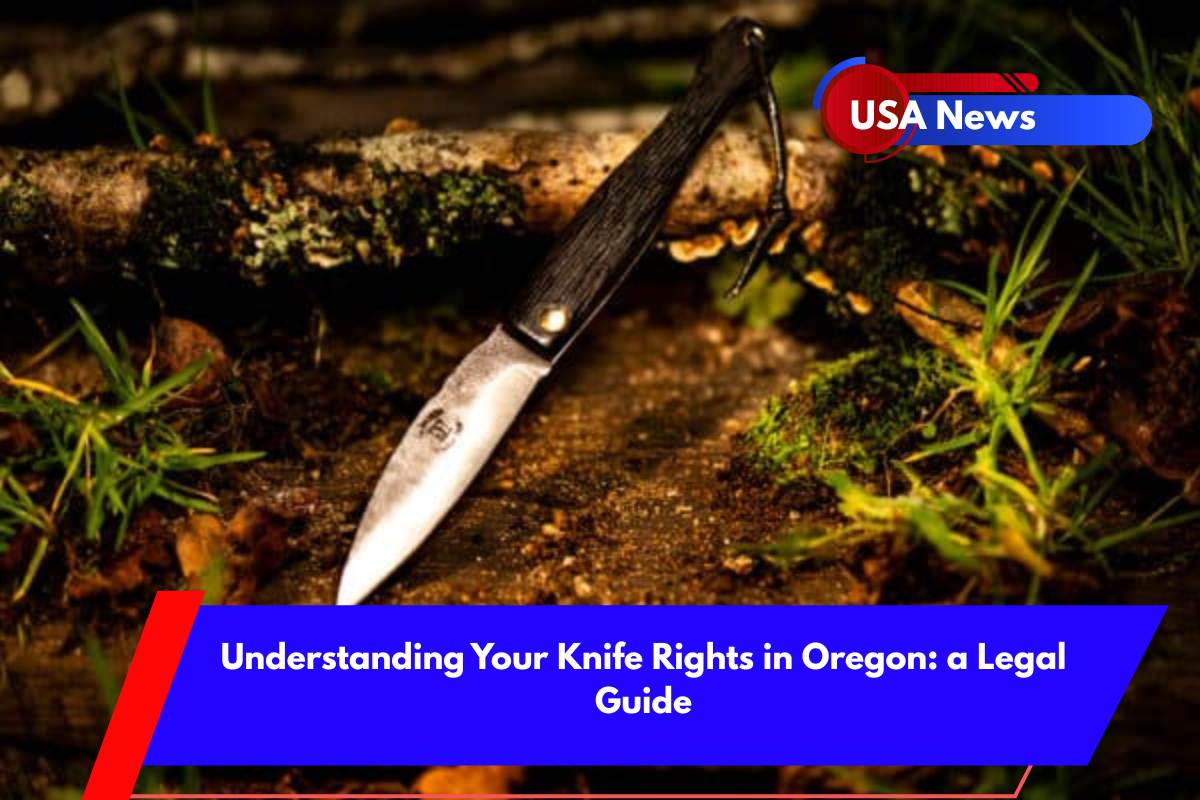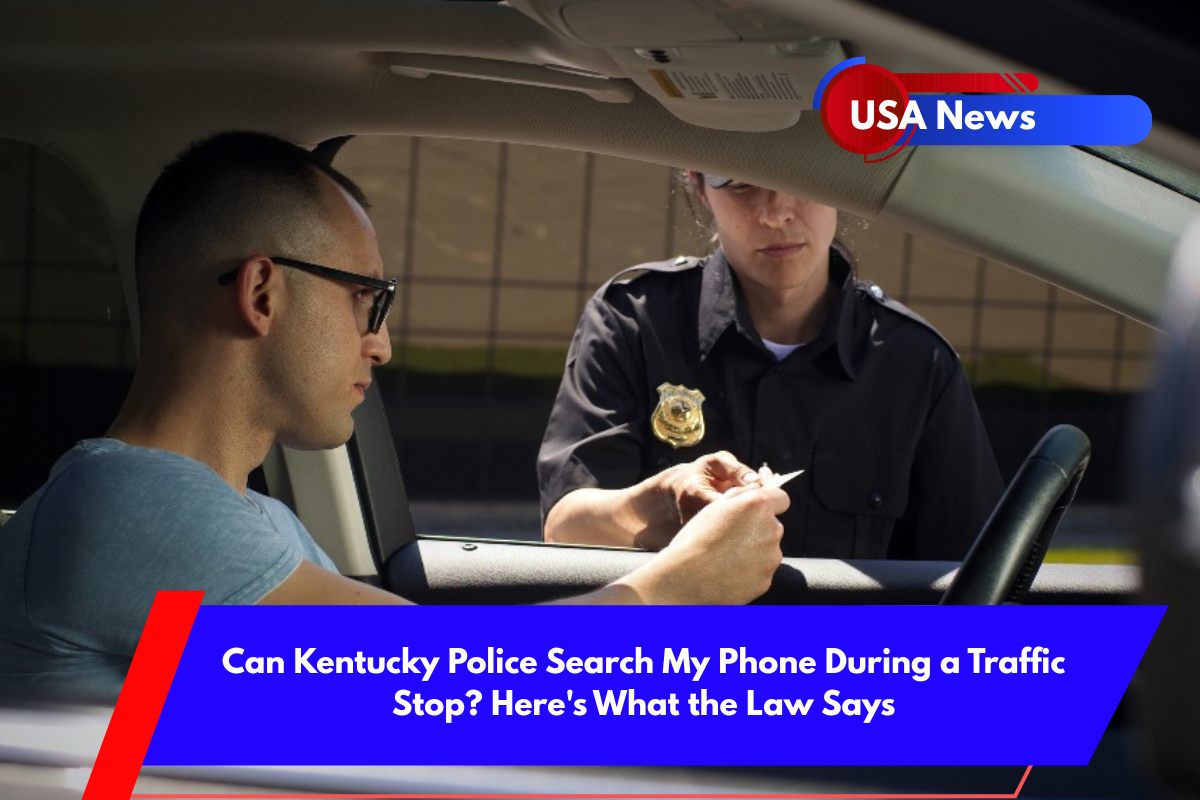In Oregon, police cannot search your phone during a traffic stop without your consent or a warrant. This rule protects your digital privacy, ensuring that any search of your phone is done within the bounds of the law. While there are some exceptions in rare and urgent situations, understanding your rights during a traffic stop can help you protect your privacy.
Key Points
Consent: You have the right to refuse a search of your phone. If the police ask to search your phone, you can decline by clearly stating, “I do not consent to this search.”
Warrant Requirement: Police generally need a search warrant to access the contents of your phone, even if you are arrested during a traffic stop. They must show probable cause in their warrant application, specifying what evidence they expect to find.
Exigent Circumstances: In certain urgent situations, such as when there is an immediate threat of evidence being destroyed or a risk to public safety, police may search your phone without a warrant. However, these situations are rare.
What the Law Says
Consent:
Police may ask for your consent to search your phone, but you are not required to agree. If you do not want them to search your phone, you should clearly state, “I do not consent to this search.” Your refusal is within your rights.
Warrant Requirement:
Both Oregon law and the U.S. Supreme Court require police to get a search warrant before searching your phone. Even if you are arrested during a traffic stop, they still need a warrant.
In the warrant application, officers must demonstrate probable cause—meaning they must show a legitimate reason for believing that your phone contains evidence of a crime. The warrant must also specify what evidence they are looking for.
Exceptions:
Exigent Circumstances: In emergencies, such as a threat that evidence on your phone may be destroyed or a situation that endangers public safety, police may search your phone without a warrant. These situations are rare and must involve clear urgency.
Consent: If you voluntarily allow police to search your phone, they do not need a warrant.
Your Rights During a Traffic Stop in Oregon
Required Documents: You must provide your driver’s license, registration, and proof of insurance if asked by the police.
No Consent Needed for Searches: You do not have to consent to a search of your car, belongings, or phone during a routine traffic stop.
Seizure of Phone: If you are arrested, police may seize your phone but generally cannot search its contents without a warrant. If they do search your phone without your consent or a warrant, and there are no emergency circumstances, any evidence they find may be excluded in court.
Oregon’s Digital Privacy Protections: The Oregon Constitution and the Oregon Consumer Privacy Act (OCPA) provide stronger protections for digital devices than federal law. The Oregon Supreme Court has clarified that your cell phone contents are protected by privacy rights, and any search must be reasonable and specific.
What Should You Do?
Remain Calm and Polite: Always stay calm and polite with the police. Avoid physical resistance, as it could lead to legal complications.
State Your Refusal Clearly: If asked to search your phone, say, “I do not consent to a search of my phone”. This makes it clear that you are refusing the search.
If Your Phone is Seized: Ask the officers if they have a warrant to search your phone. If they do not have a warrant, they cannot legally search it unless there are exigent circumstances.
Sources:
1. https://www.aclu-or.org/en/know-your-rights/your-rights-when-stopped-police-oregon
2. https://www.oregonwi.gov/DocumentCenter/View/415/Search-and-Seizure-Policy-PDF
3. https://www.findlaw.com/criminal/criminal-rights/cell-phone-privacy-and-warrant-requirements.html
4. https://www.opb.org/article/2021/05/24/police-in-oregon-are-searching-cellphones-daily-and-straining-civil-rights/













